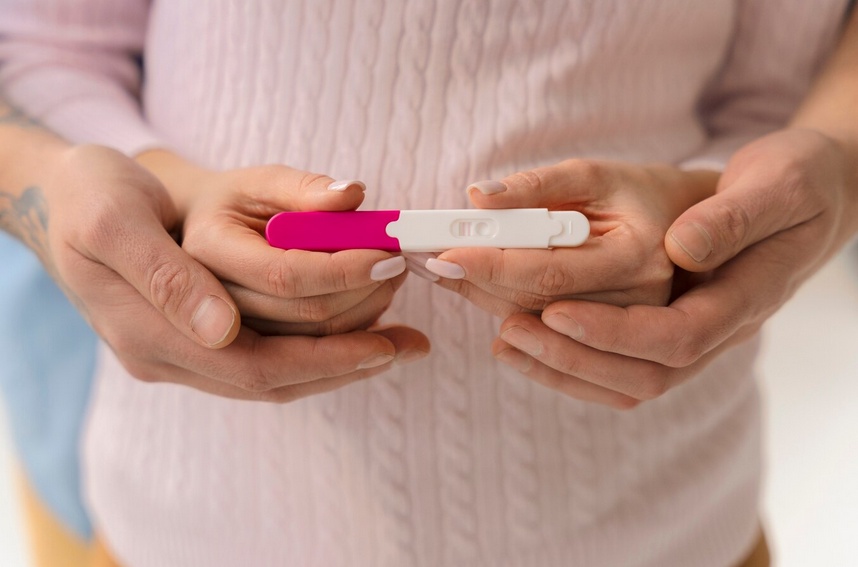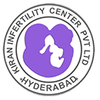In the realm of assisted reproductive technology (ART), egg donation has emerged as a beacon of hope for individuals and couples struggling with infertility. As one of the most advanced treatments available, it offers a pathway to parenthood for those facing obstacles in conceiving naturally. In this comprehensive guide, we delve into the intricacies of egg donation, shedding light on the process, costs involved, and success rates.
Understanding Egg Donation
Egg donation involves the retrieval of eggs from a donor, typically a young and healthy woman, for the purpose of fertilization and subsequent embryo transfer. This procedure is commonly sought after by individuals or couples who are unable to produce viable eggs for conception due to various reasons, including advanced maternal age, genetic disorders, or medical conditions affecting ovarian function.
The Process
- Recipient Evaluation: Before embarking on the egg donation journey, recipients undergo thorough medical and psychological evaluations to ensure their suitability for the procedure.
- Donor Selection: Donors are meticulously screened based on stringent criteria to ensure optimal health and genetic compatibility. This process typically involves physical examinations, genetic testing, and psychological assessments.
- Ovarian Stimulation: Once a suitable donor is selected, she undergoes ovarian stimulation through hormone injections to stimulate the production of multiple eggs.
- Egg Retrieval: When the eggs reach maturity, they are retrieved from the donor's ovaries via a minimally invasive surgical procedure called transvaginal ultrasound aspiration.
- Fertilization: The retrieved eggs are then fertilized with sperm, either from the recipient's partner or a sperm donor, in a laboratory setting through in vitro fertilization (IVF) or intracytoplasmic sperm injection (ICSI).
- Embryo Transfer: After fertilization, the resulting embryos are cultured and monitored for quality. The most viable embryos are selected for transfer into the recipient's uterus, with the goal of achieving a successful pregnancy.
Cost Considerations
The cost of egg donation can vary widely depending on various factors, including the clinic chosen, the donor's compensation, medication expenses, and additional services such as genetic testing. In Hyderabad, renowned facilities like Kiran Infertility Centre offer comprehensive egg donation programs with transparent pricing structures tailored to meet the unique needs of each patient.
Success Rates
Success rates of egg donation treatments are influenced by several factors, including the age and health of the donor, the quality of the eggs retrieved, and the expertise of the medical team performing the procedure. According to data from reputable fertility clinics such as Kiran Infertility Centre, the success rates for egg donation in Hyderabad are notably high, providing renewed hope for individuals and couples on their journey to parenthood.
Conclusion
Egg donation represents a groundbreaking advancement in reproductive medicine, offering a ray of hope for those struggling with infertility. With the support of leading fertility centers like Kiran Infertility Centre in Hyderabad, individuals and couples can access cutting-edge treatments, compassionate care, and personalized solutions tailored to their unique needs. By understanding the process, costs, and success rates associated with egg donation, individuals can make informed decisions and take proactive steps towards building their families.


No comments yet